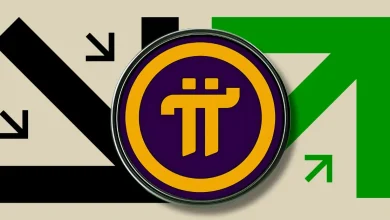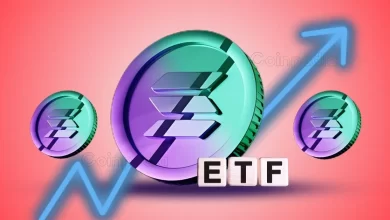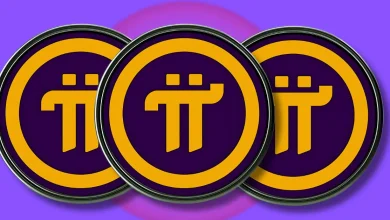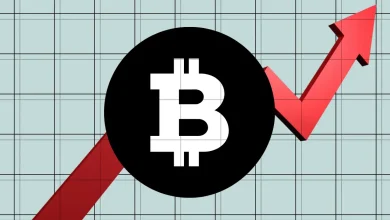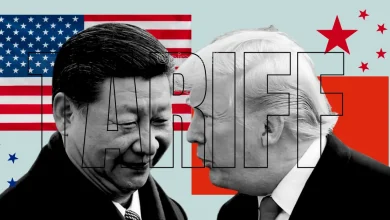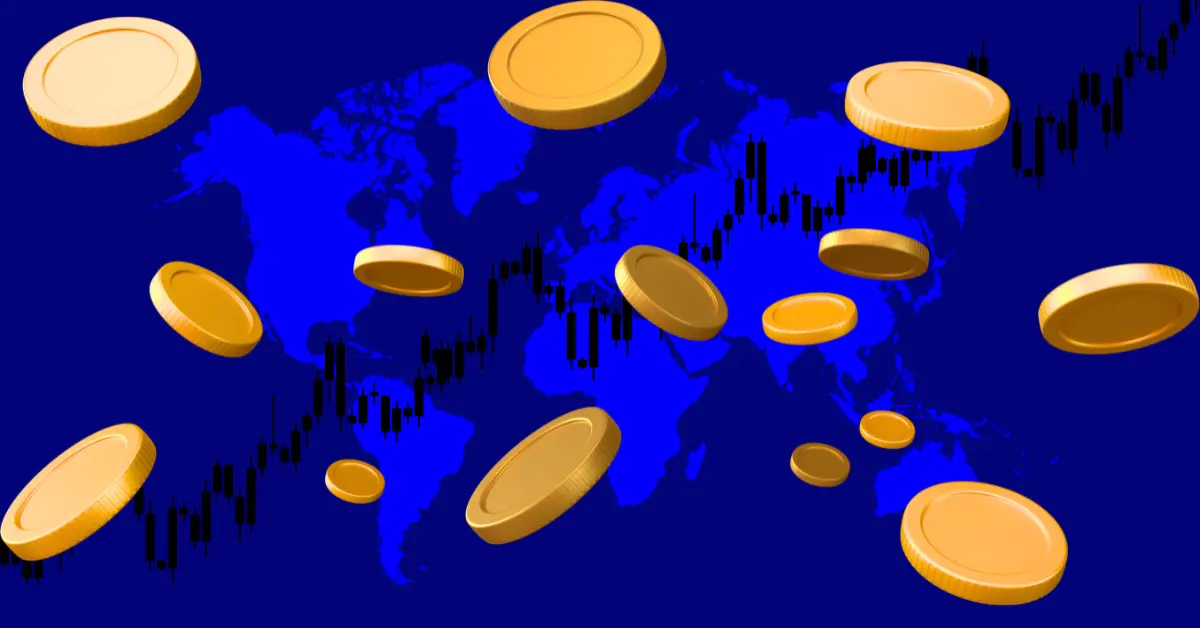
The European Central Bank (ECB) cut interest rates again, lowering the deposit rate to 2.75%, citing a weak Eurozone economy.
The ECB believes "disinflation is well on track," despite some lingering inflation due to wage and price adjustments.
ECB President Lagarde expressed confidence that Bitcoin will not be included in EU central bank reserves due to concerns about liquidity, security, safety.
On Thursday, the European Central Bank (ECB) cut interest rates as expected, leaving the possibility for more easing in the future. While the ECB remains confident in its ability to control inflation, concerns about global trade continue to weigh heavily on the eurozone’s economic outlook.
Keep reading as we break down the latest moves and what they could mean for the economy.
Is the Economy Very Weak?
This marks the ECB’s fifth rate cut since June, reducing the deposit rate from 3.0% to 2.75%. Although recent surveys show some recovery, the eurozone economy remains weak, and inflation is still slightly above the ECB’s 2% target. To address these issues and support economic growth, the rate cut was necessary. The ECB is confident that the “disinflation process is well on track.”
Inflation is still high because wages and prices are adjusting slowly after the earlier inflation surge. However, as expected, wage growth is slowing down, which helps reduce inflationary pressures. Company profits are also playing a role in easing inflation.
Tariff Threats Still Loom
The ECB policymakers likely felt some relief when U.S. President Donald Trump

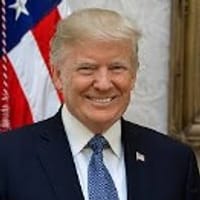
In a similar move, the U.S. Federal Open Market Committee (FOMC) recently decided to keep interest rates steady, ranging from 4.25% to 4.5%, which was in line with market expectations.
No Bitcoin for EU Reserves
ECB President Christine Lagarde stated that she is confident Bitcoin will not be included in the European Union’s reserves. She emphasized that central bank reserves must be secure, liquid, and free from suspicion of criminal activities like money laundering.
“There is a view around the table of the Governing Council and most likely the General Council as well that reserves have to be liquid, that reserves have to be secure, that they have to be safe, that they should not be plagued by the suspicion of money laundering or other criminal activities,” Lagarde noted.
These concerns make Bitcoin an unlikely candidate for inclusion in any central bank’s reserves.
Czech Republic’s Concerns About Bitcoin Reserves
Meanwhile, in the Czech Republic, there is ongoing debate about adopting Bitcoin as a national reserve. Finance Minister Zbynek Stanjura has raised concerns about Bitcoin’s volatility, calling it unsuitable for reserves. He noted that the government cannot override the Czech National Bank’s (CNB) decisions, but he stressed doubts about Bitcoin’s stability as a reserve asset.
Never Miss a Beat in the Crypto World!
Stay ahead with breaking news, expert analysis, and real-time updates on the latest trends in Bitcoin, altcoins, DeFi, NFTs, and more.
While some central banks remain cautious, the push for digital assets continues. Let’s see where the conversation goes next.

